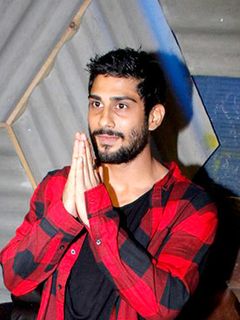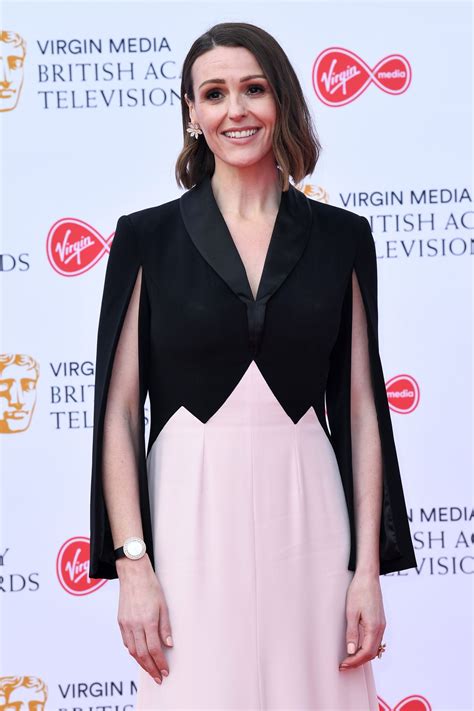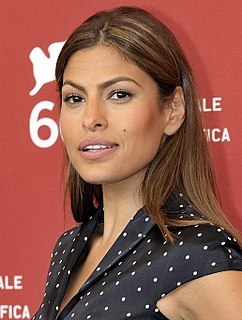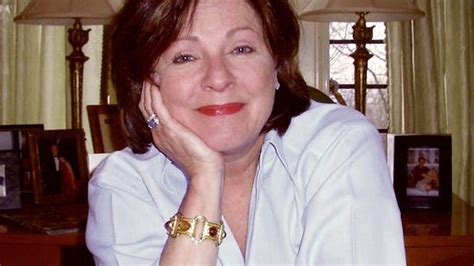A Quote by Tig Notaro
Even losing my mother, I wanted my mother. That's who you want instinctually when you're having a hard time.
Related Quotes
My mother wanted to be a mother. That's the only thing she wanted from the bottom of her heart. She didn't want to be the number one actress - which she was - and she didn't want to be this great legend. All she wanted to be was a mother and she did but God took her away. So I always will empathise and sympathise with women.
My mother got sick when I was rich. And my mother, you know … I don’t really want to get into it, but my mother was sicker than my father. And my mother’s alive. My mother’s fine, OK? I remember going to the hospital to see my mother and wondering, ‘Was I in the right place?’ Like, this was a hotel. Like it had a concierge, man. If the average person really knew the discrepancy in the health care system, there’d be riots in the streets, OK? They would burn this m-therf—ker down!
My mother had a life-altering stroke when I was nineteen and she died when I was twenty-three. I'm now older than my mother when she died and my relationship with her has really changed over these many years. I continue to stay interested in her and I know her differently now. Losing my mother, losing dear friends, is now part of the fabric of my being alive. And the fabric keeps changing, which is interesting.
India was the motherland of our race, and Sanskrit the mother of Europe's languages: she was the mother of our philosophy; mother, through the Arabs, of much of our mathematics; mother, through the Buddha, of the ideals embodied in Christianity; mother, through the village community, of self-government and democracy. Mother India is in many ways the mother of us all.































